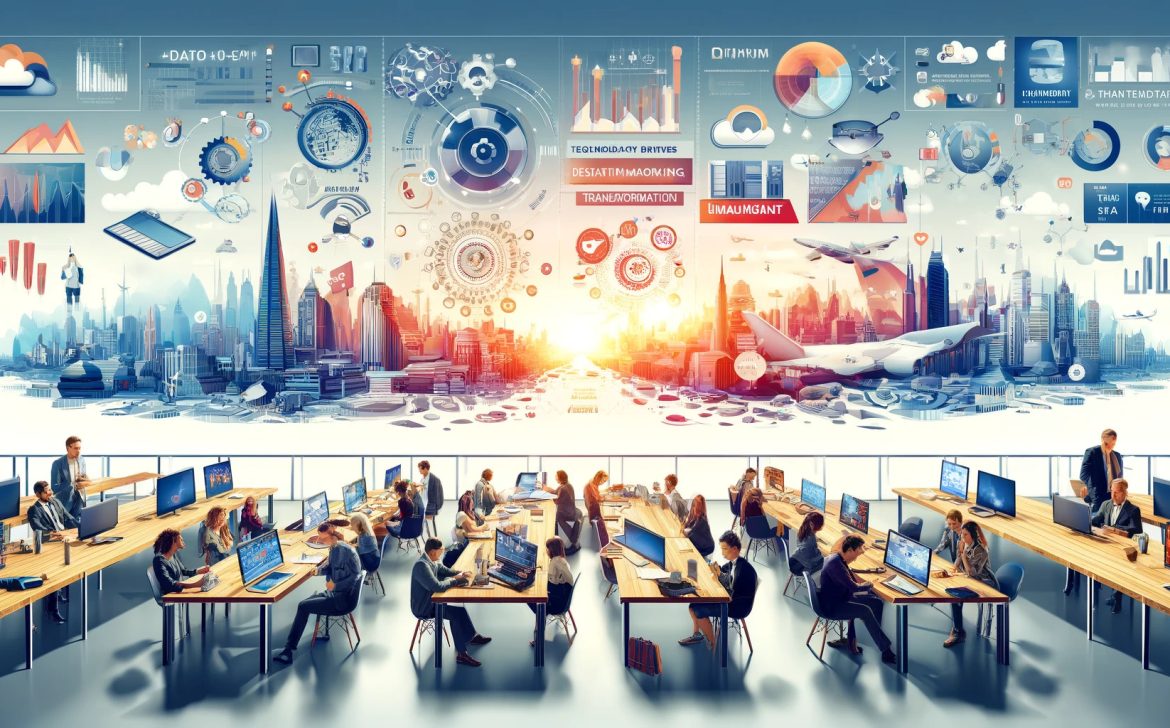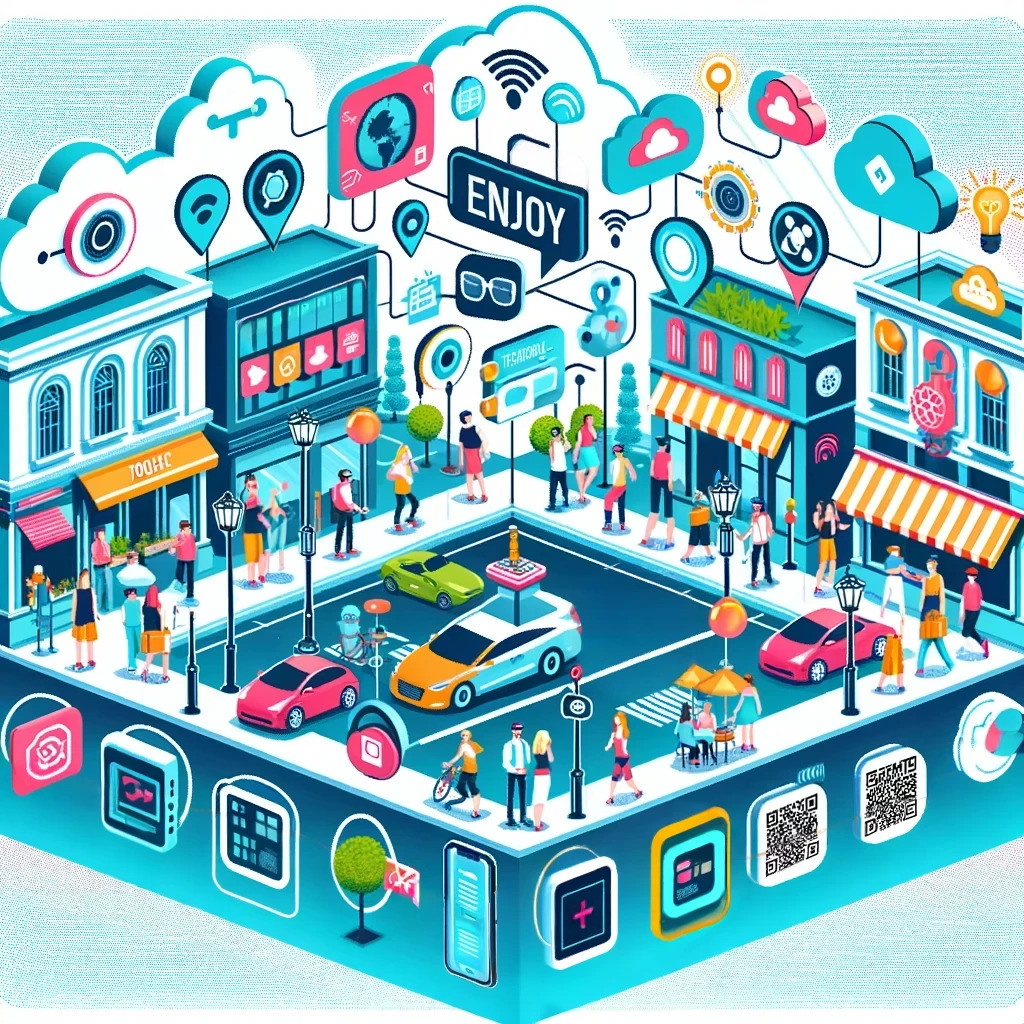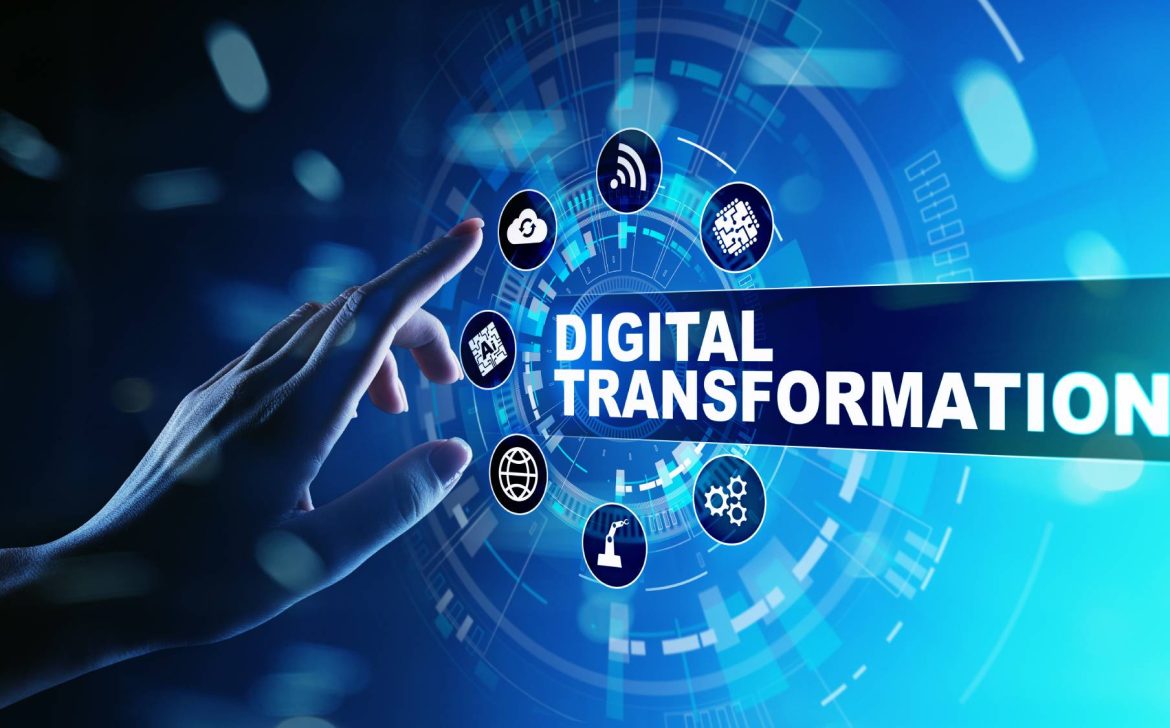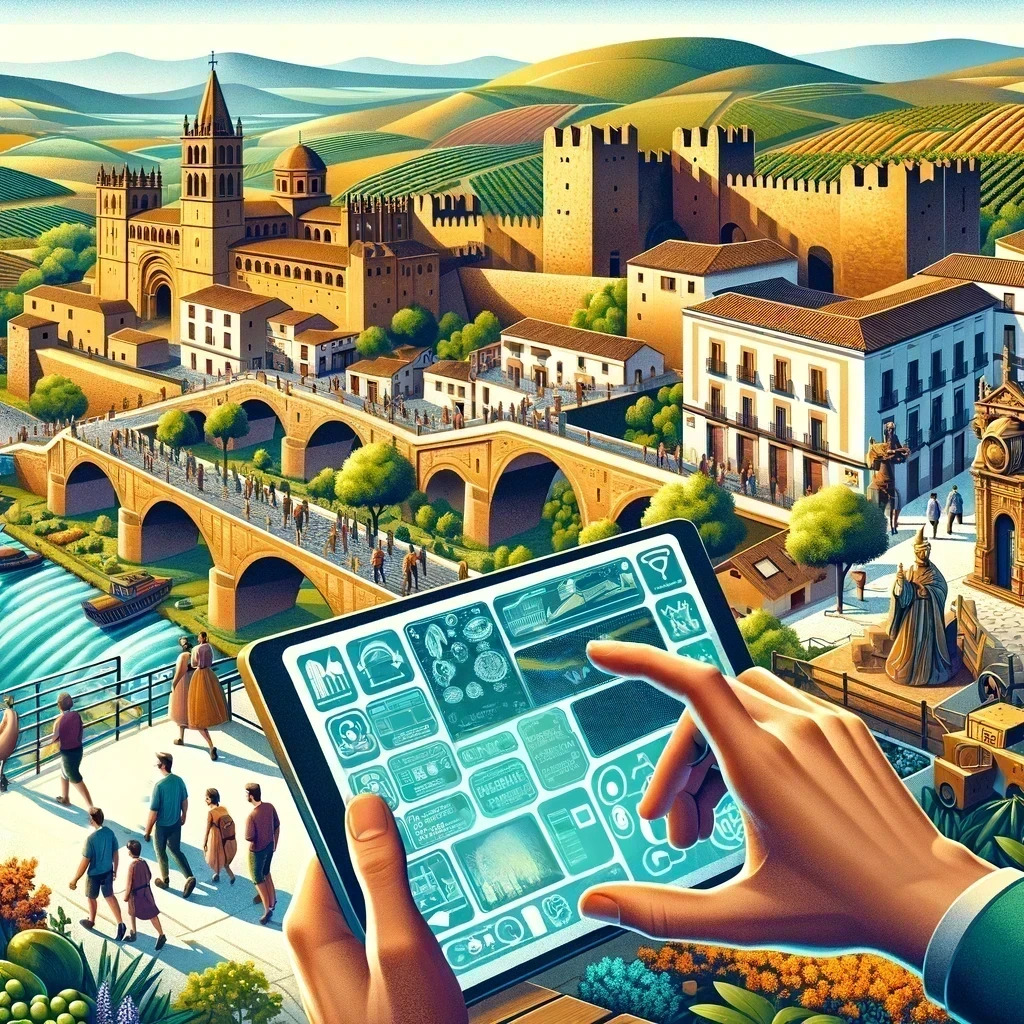Guide to Cyber Risks in the Hospitality Sector by the Hotel Technology Institute
The Hotel Technology Institute (ITH) has launched the Cyber Risk Guide for the hotel sector, designed to help tourist accommodations understand and manage cyber risks. This resource, developed as part of the Hotel SOC project and funded by the Ministry of Industry, Trade, and Tourism, provides information on the digital threats faced by the sector, the potential consequences of a cyber incident, and the preventive measures necessary to strengthen digital security.
Key Points of the Guide
- Understanding Cyber Risks: The guide outlines the specific cyber threats facing the hotel sector, highlighting the importance of cybersecurity in protecting sensitive guest data and internal operations.
- Preventive Measures: It provides recommendations on how to implement effective security practices, including the use of security software, staff training, and the establishment of digital security policies.
- Resources and Tools: It offers a list of useful resources and technological tools that hotels can use to improve their cybersecurity.
Benefits for the Sector
Implementing these measures not only protects hotels from potential cyberattacks, but also strengthens customer trust by ensuring the security of their personal data. Additionally, the guide promotes a culture of digital security among employees, encouraging responsible and informed practices.
For more details and to download the full guide, visit ITH.

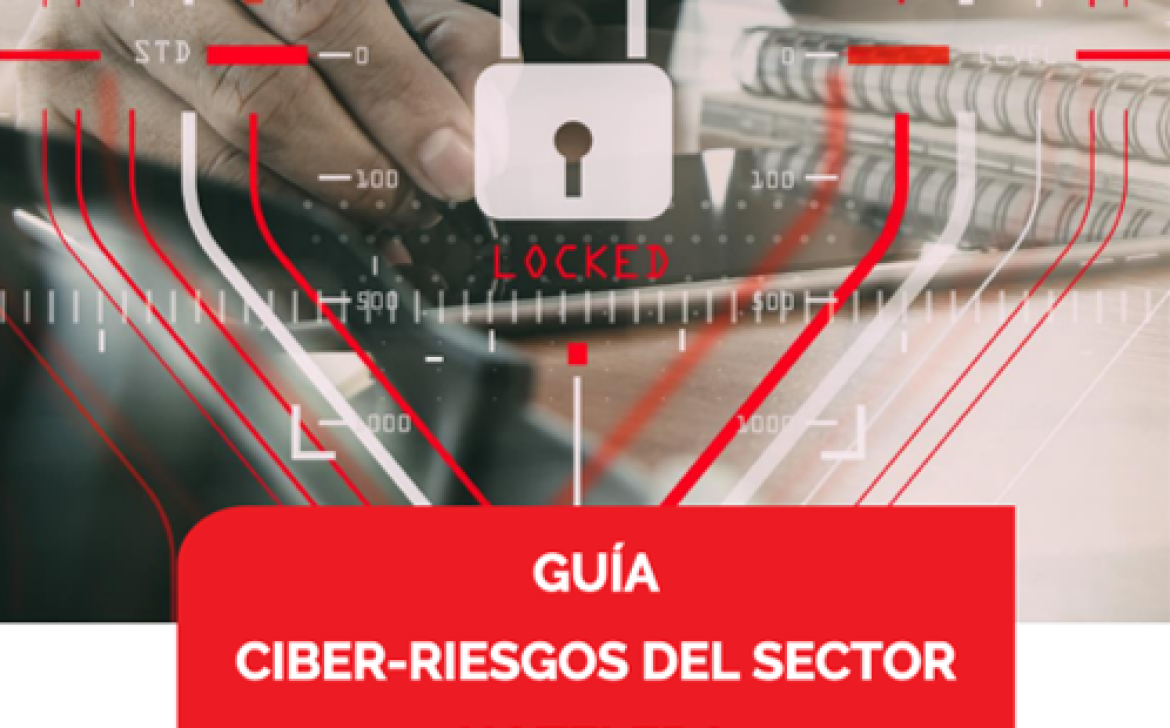


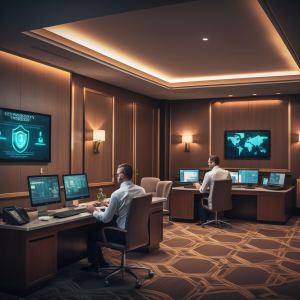 Sources of Information. Identifying and selecting relevant sources for the tourism sector is crucial. Platforms like Cyber Threat Alliance provide information on specific threats to connected devices in hotels and other tourist establishments.
Sources of Information. Identifying and selecting relevant sources for the tourism sector is crucial. Platforms like Cyber Threat Alliance provide information on specific threats to connected devices in hotels and other tourist establishments.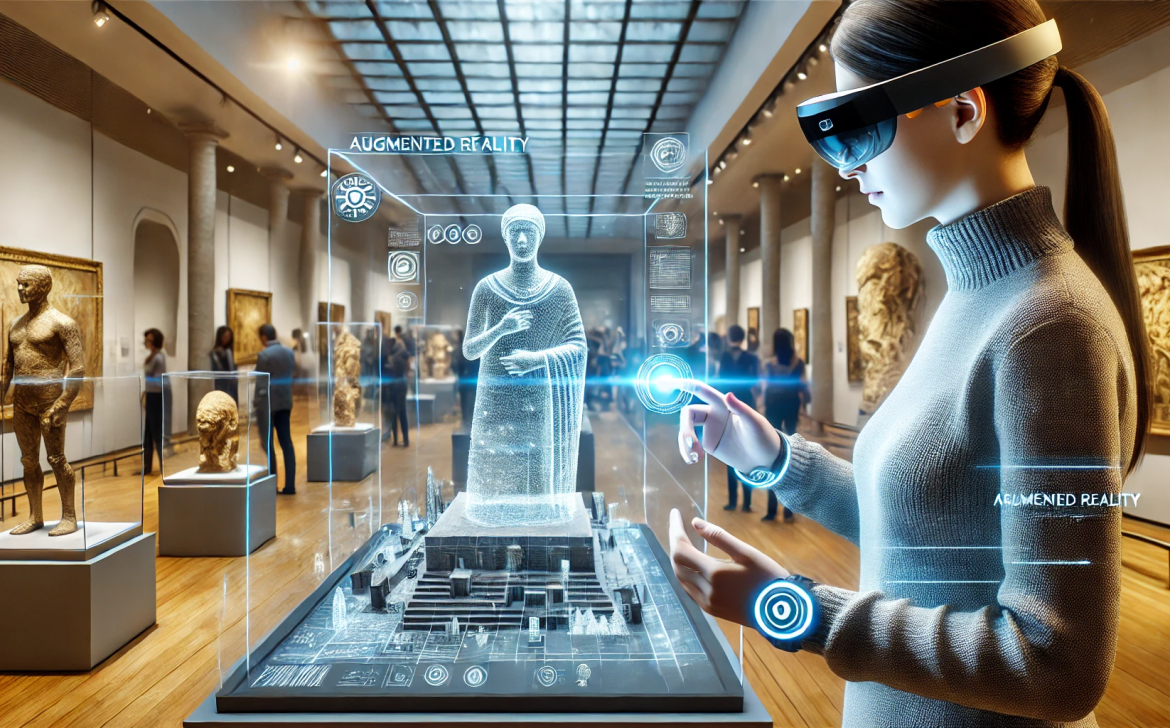
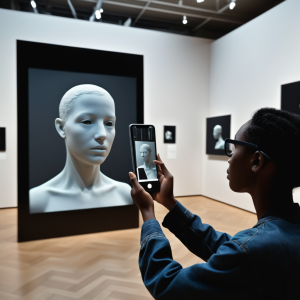
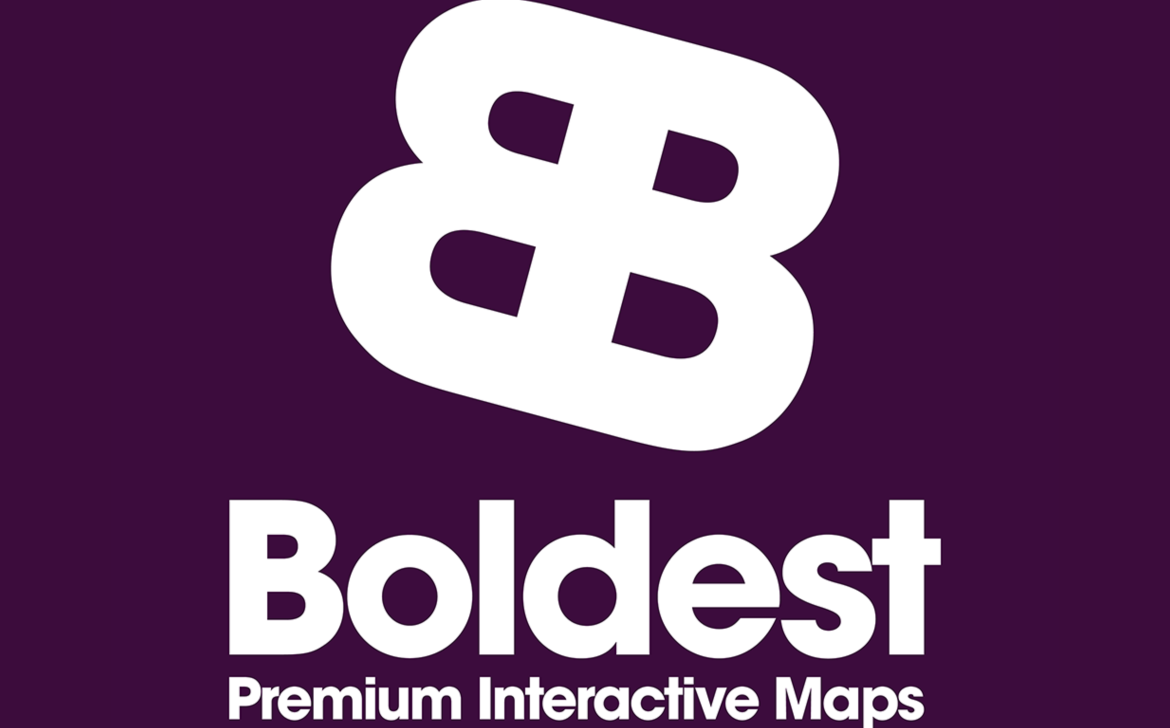
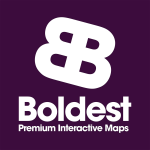 Founded in late 2020, Boldest is a startup revolutionising how travellers interact with online tourist information. Specialising in the creation of premium interactive maps, Boldest enhances the traveller experience with intuitive and engaging digital tools, optimising marketing and sales for any tourist destination.
Founded in late 2020, Boldest is a startup revolutionising how travellers interact with online tourist information. Specialising in the creation of premium interactive maps, Boldest enhances the traveller experience with intuitive and engaging digital tools, optimising marketing and sales for any tourist destination.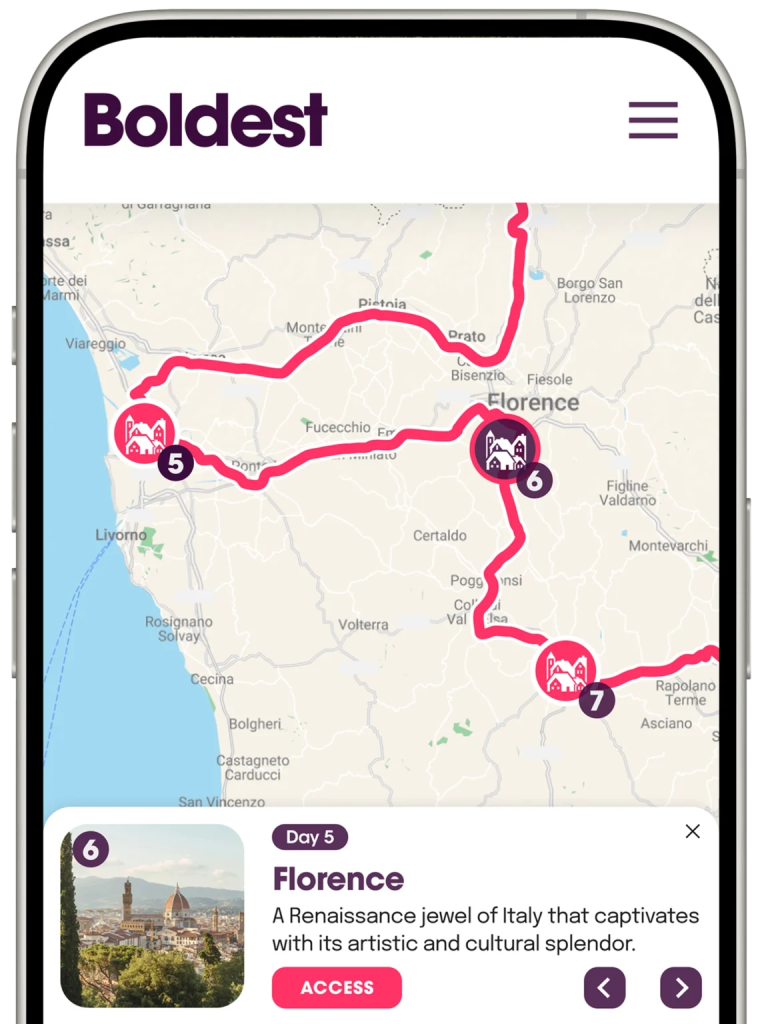
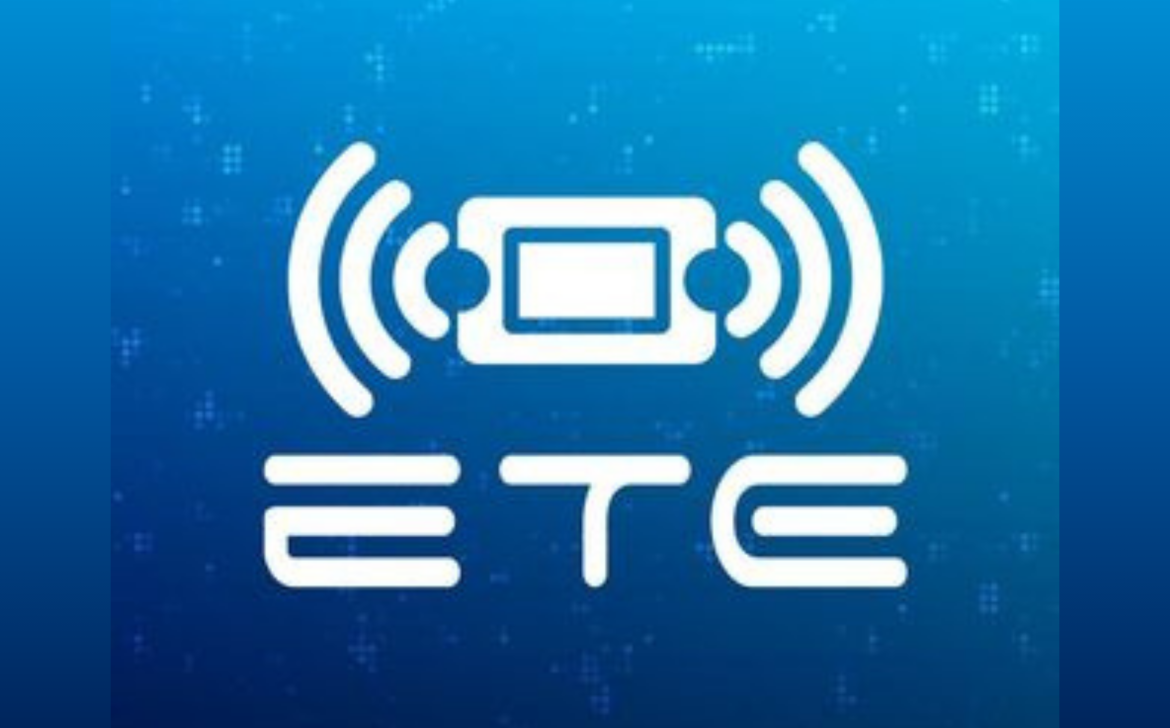

 Real-Time Automatic Updates: Always accurate and up-to-date menu information.
Real-Time Automatic Updates: Always accurate and up-to-date menu information.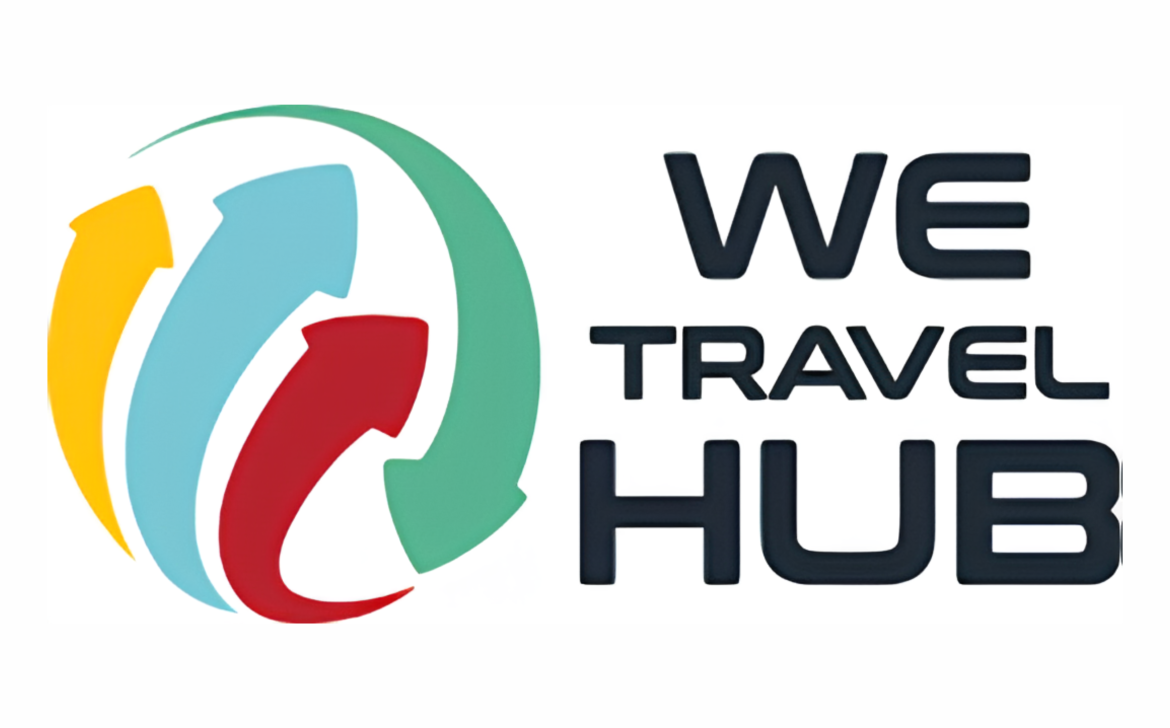

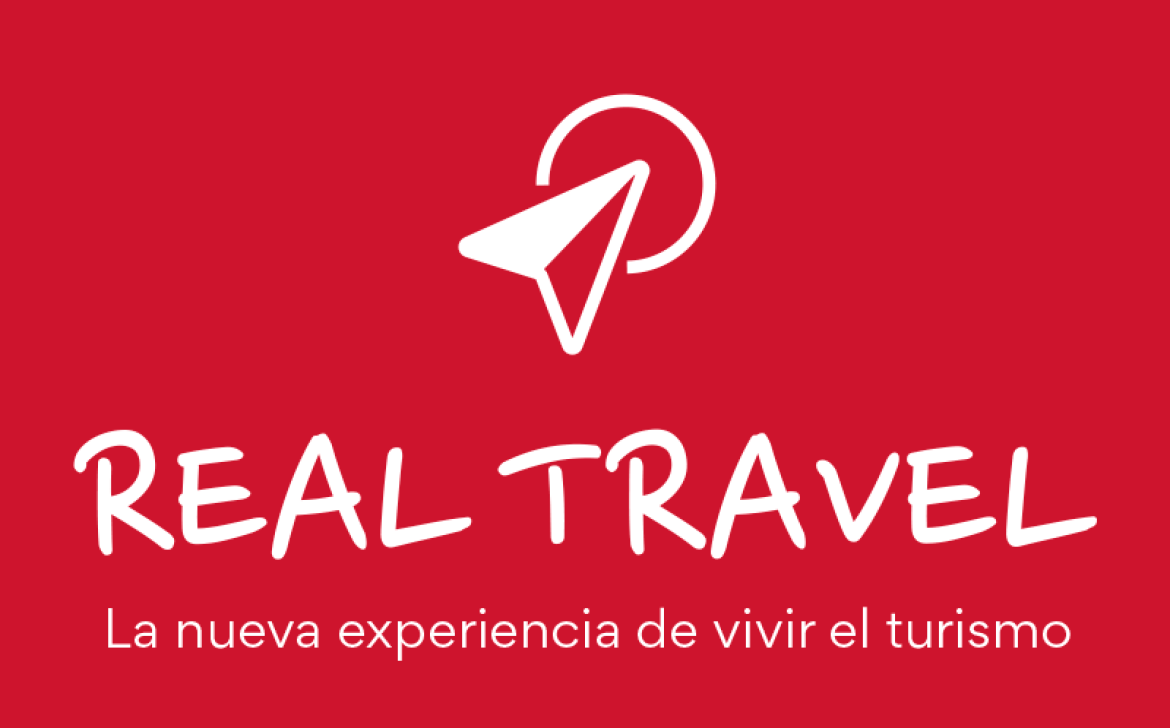
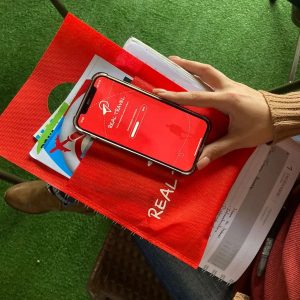 Real Travel transforms the stories of regions into tourist experiences through a mobile tool. This application facilitates the connection, promotion, and management of destinations and tourist services, offering multimedia guides accessible on mobile devices. It enhances local attractions and resources, diversifying the offerings and educating users about local heritage. Additionally, the app allows for the collection of relevant data for territorial planning. Real Travel is free, and its content is developed in collaboration with local stakeholders, creating digital tourist guides with global reach thanks to geolocation. It is available for both Android and iOS.
Real Travel transforms the stories of regions into tourist experiences through a mobile tool. This application facilitates the connection, promotion, and management of destinations and tourist services, offering multimedia guides accessible on mobile devices. It enhances local attractions and resources, diversifying the offerings and educating users about local heritage. Additionally, the app allows for the collection of relevant data for territorial planning. Real Travel is free, and its content is developed in collaboration with local stakeholders, creating digital tourist guides with global reach thanks to geolocation. It is available for both Android and iOS.